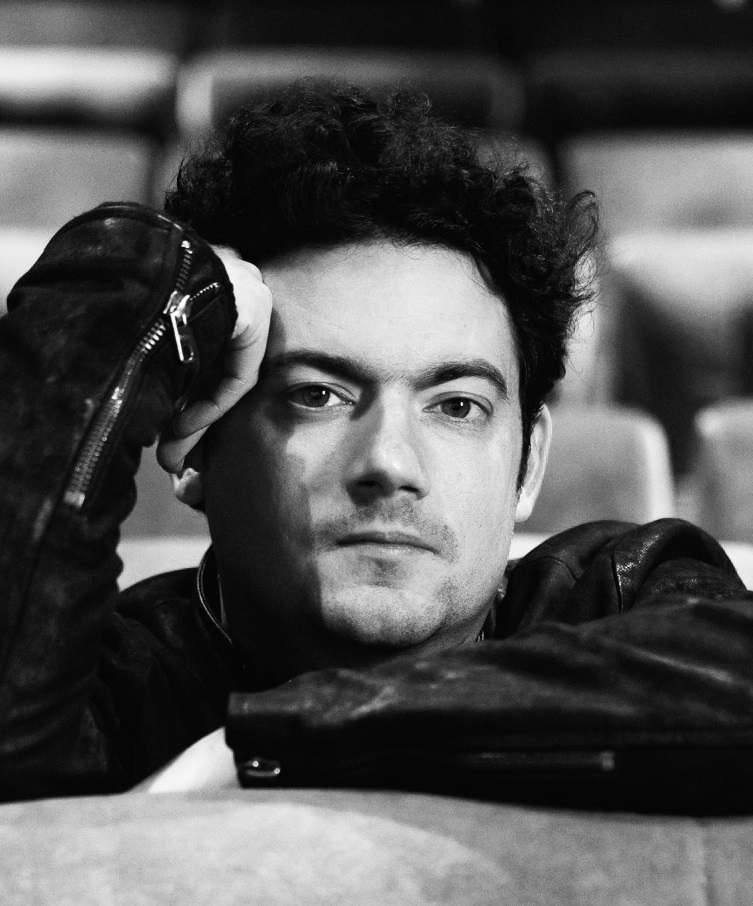Search
Clément Cogitore

Guest artist
10.05.2024 - 18.05.2024
Fellow
2012 - 2013
Cinema
Biography
Born in 1983, Clément Cogitore lives and works between Paris and Strasbourg. His work explores the boundary between cinema and contemporary art. Through films, videos, photographs and installations, his work questions collective memory, the representation of the sacred and, more generally, the cohabitation of human beings with their images. His films have been selected for numerous international festivals (Directors’ Fortnight in Cannes, Locarno, Lisbon, Montreal…) and have won several awards. His work has also been screened and exhibited in numerous museums and art centers (Palais de Tokyo and Centre Georges Pompidou in Paris, Haus der Kultur der Welt in Berlin, Museum of Fine Arts in Boston…).
Project
Le front du Wakhan A feature film by Clément Cogitore SYNOPSIS “After heavy fighting on the outskirts of Kabul, Captain Antarès Bonassieu and his men are assigned to a surveillance mission in a valley bordering Pakistan. Far from the front line and the fighting, the men are bogged down in boredom and anticipation, watching over a desert where nothing and no one appears. Until one September night, when soldiers mysteriously start disappearing from the valley. The soldiers’ fear of disappearance gradually replaces their fear of war. ”
” And you thought they were awake, when in fact they were asleep.” The Koran IV.7 “The Wakhan Front is a film about the birth of faith and man’s cohabitation with the sacred. It’s about a confrontation between a Western military order, governed by a certain number of procedures and protocols, and an invisible order whose workings will, for some mysterious reason, disrupt the rules. It’s about a “mystical element” that will resist investigation, experience and the mind. The film tells the simple story of a group of soldiers’ encounter with this resistance, and the resulting military, physical and spiritual experiences. The story develops a series of extremely concrete reactions to an inexplicable phenomenon, whose irrational scope the protagonists gradually come to appreciate. Having reacted to the facts, and having failed to come to any conclusions, the characters will gradually react to what they consider to be signs, and thus shift from the realm of protocol to that of faith. In the absence of being able to understand and resolve this invisible order, it will be a matter of finding the terms of coexistence.”